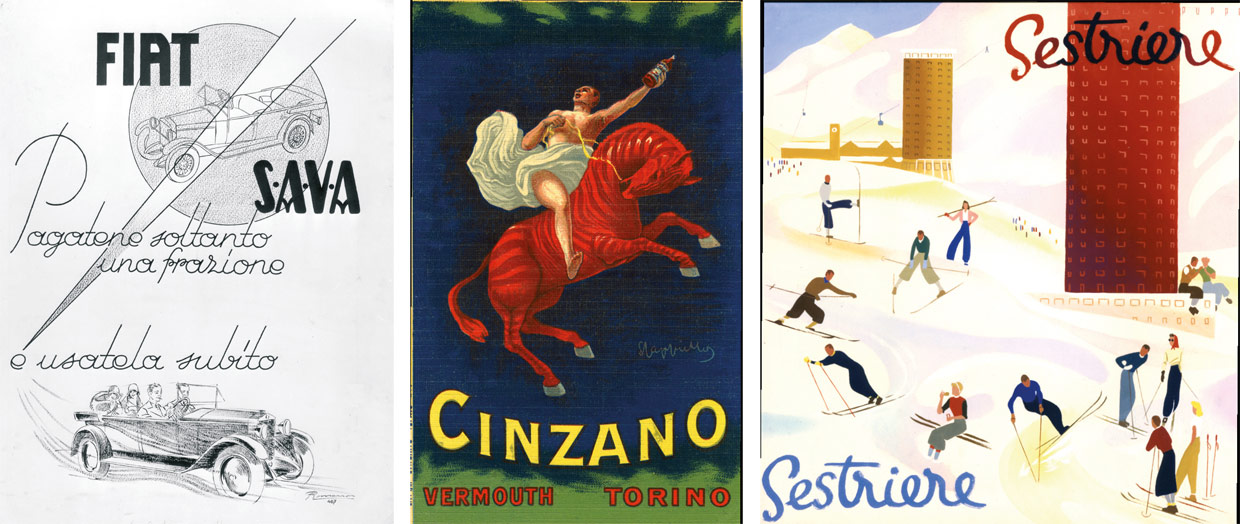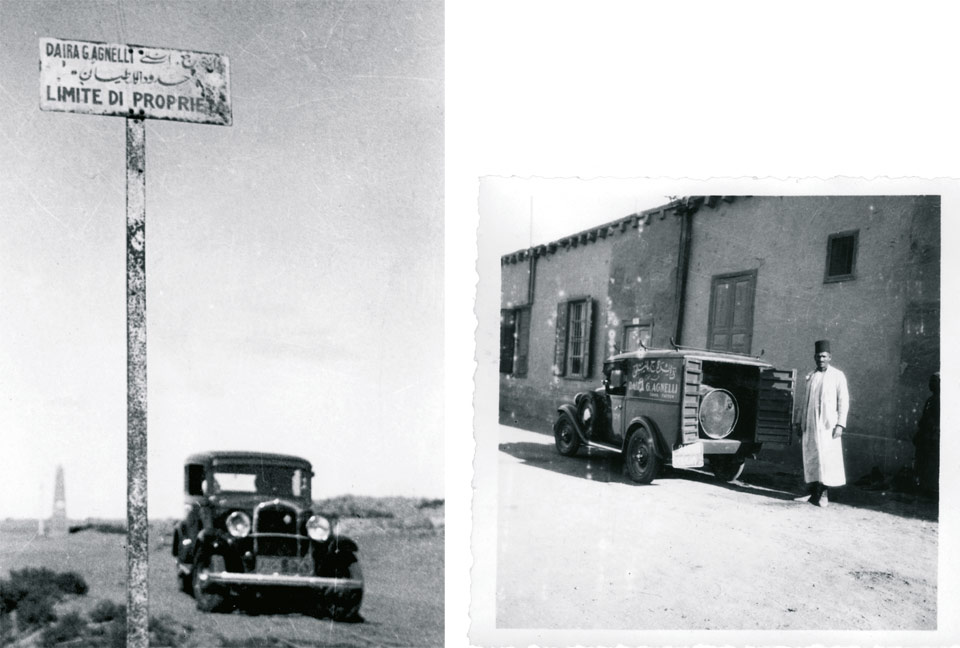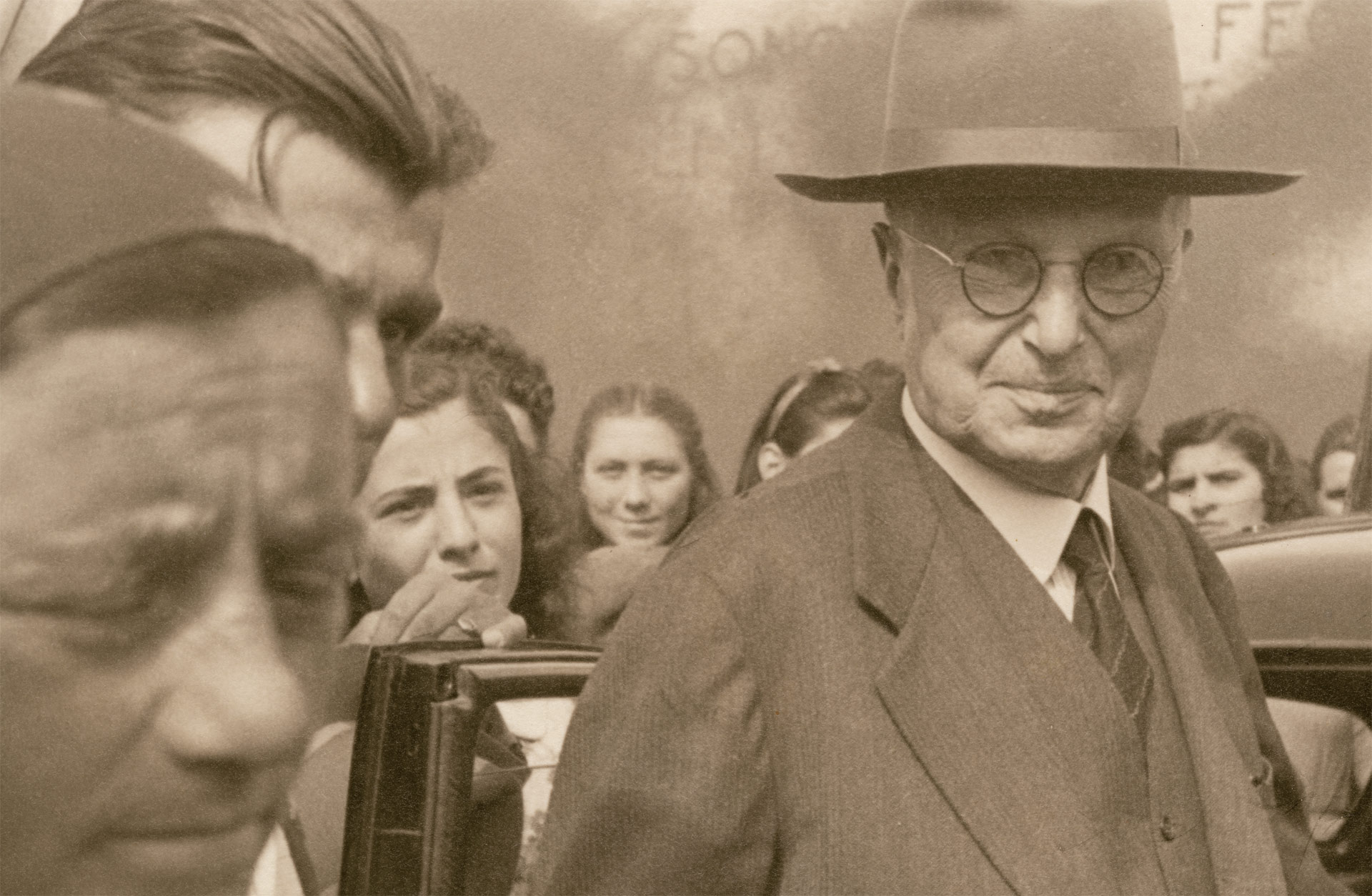It is a giant industrial complex that is like a small capitalist state, a small capitalist, imperialist state, because it rules the mechanical industry of Turin, because it tends, with its exceptional productivity, to overpower and absorb all competitors. A tiny authoritarian state run by a dictator: the Commendatore Giovanni Agnelli, the most daring and tenacious of Italian captains of industry, a “hero” of modern capitalism.
Antonio Gramsci, in “L’Ordine Nuovo”, 27 marzo 1920
Because of Giovanni Agnelli, a lone hero of modern capitalism, one of the strongest industrial forces of our country was created.
Piero Gobetti, in “La Rivoluzione Liberale”, 2 aprile 1922
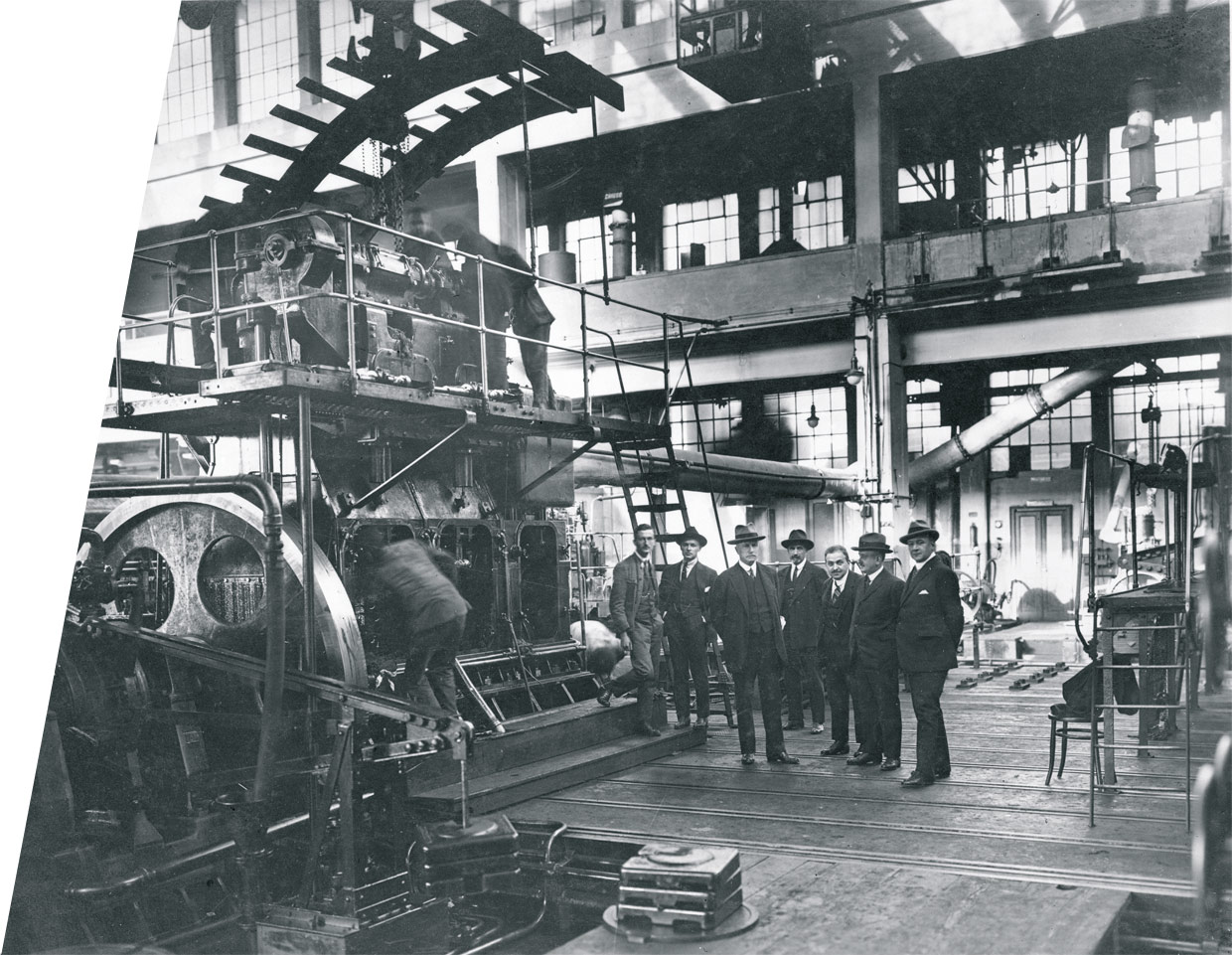
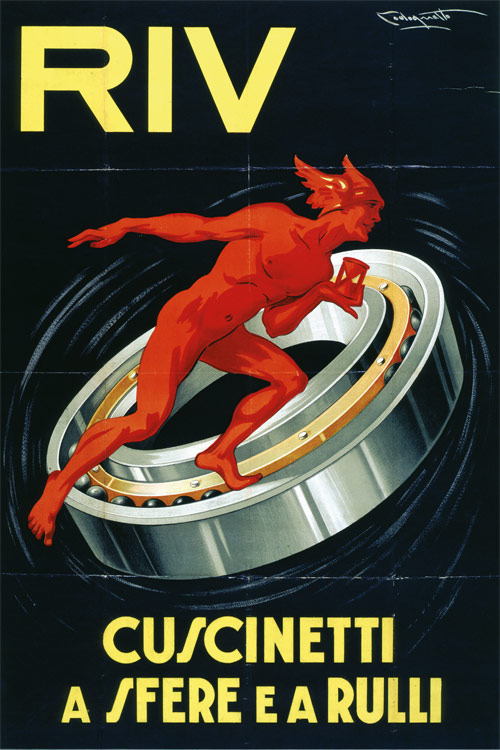
On 29 September 1906, Giovanni Agnelli and Roberto Incerti founded the limited partnership company Roberto Incerti & Company for the production of ball bearings. After Incerti liquidated his shares in 1909, the company took the name Officine di Villar Perosa Agnelli & Company and later, in 1919, Società Anonima RIV Officine of Villar Perosa, 1931.
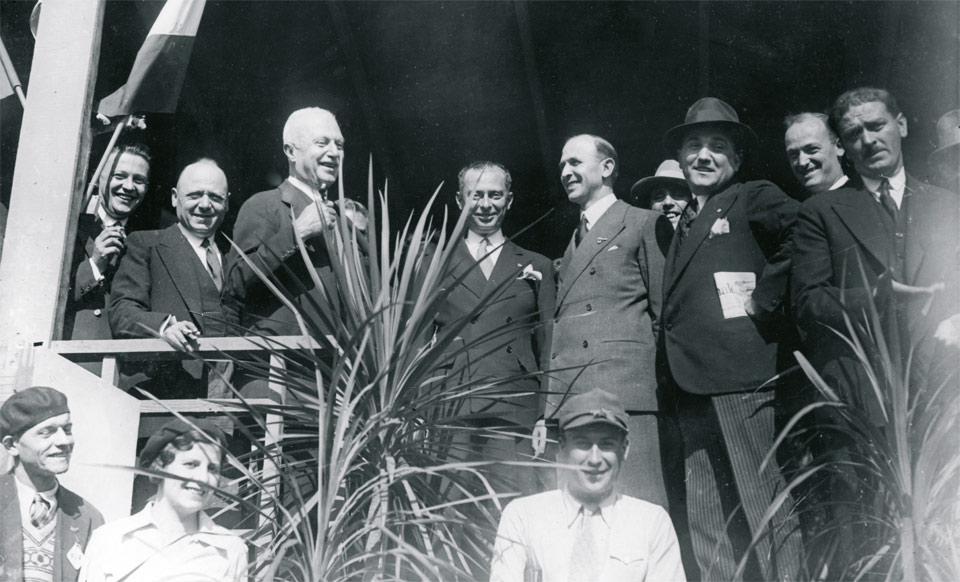
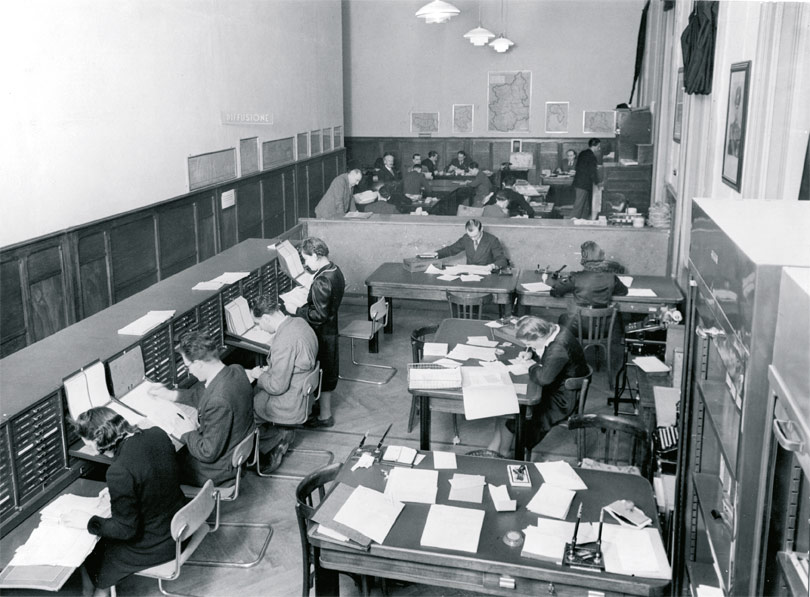
In 1920 Giovanni Agnelli and Riccardo Gualino buy one third of the shares of “La Stampa”. In 1926 Fiat buys all the shares from Agnelli, Gualino and Alfredo Frassati and the Società Editrice La Stampa is founded.
He is extremely strong in discussions, especially when he says he doesn’t understand, because he understands perfectly, but he wants to simplify things. Whenever someone makes a complex and intricate proposal, he says he does not understand, not because the mechanism of the project is obscure, but because he wants to strip it bare and see its core. He has a horror of rhetorical flourishes, of verbal frills, of polished speeches. It’s enough to see him in his office at Fiat, sitting behind his desk. His worktable is almost always devoid of paper, glossy and bare; you might almost believe he has nothing to do. There’s never any paper on the table because he deals with it immediately. I’d almost go so far as to say (may he forgive me!) that he would even welcome a loss (a small one), just to deal with some boring paperwork, eliminate a pile of papers and be done with it.
Riccardo Gualino, Frammenti di vita
In 1927 Giovanni Agnelli founded the Istituto Finanziario Industriale (IFI) [Italian Financial Institution]. Its purpose was to collect, monitor and manage investments in Fiat and various other companies: RIV, SAVA, Cinzano, Sestriere, Vetrocoke, Società Anonima Manifattura Pellami e Calzature [leather and footwear], Società Aviolinee Italiane [airlines], Società Idroelettrica Piemontese (SIP) [Piedmont hydroelectric company], as well as numerous agricultural and real estate properties.
